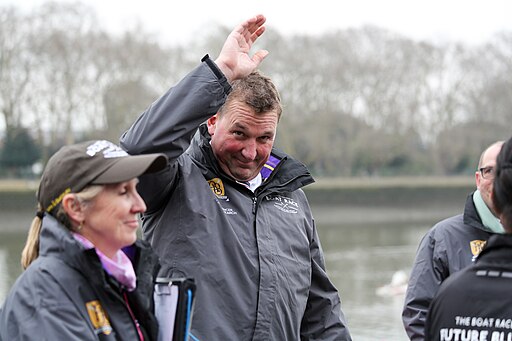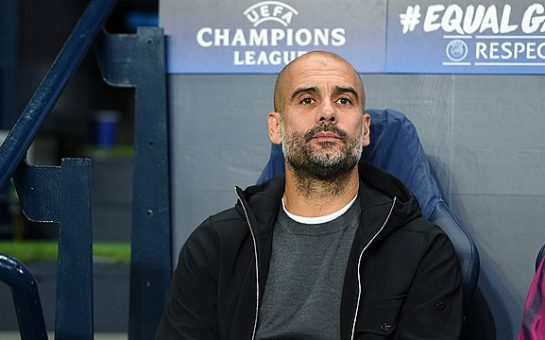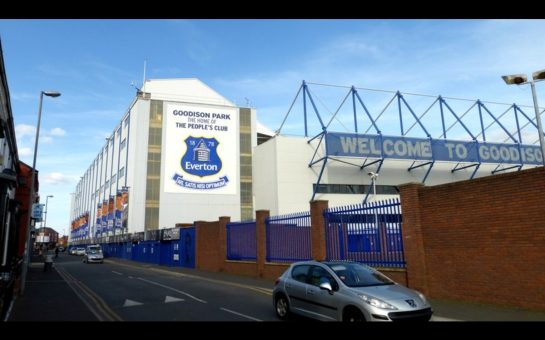Over the last decade it’s difficult to recall an English player that has been as equally hated as he is revered as Wayne Rooney.
Once labelled the saviour of English football, not to mention being dubbed (quite laughably) ‘the White Pelé’, the 28-year-old’s footballing journey has seen more ups and downs than Blackpool’s Big Dipper.
In recent years it’s safe to say there have been more troughs than peaks, with even the most die-hard United supporters turning on their adopted Liverpool son.
Even Sir Alex Ferguson, who prised Rooney away from David Moyes’ Everton when he was a fresh-faced 18-year-old, seemingly fell out of love with the boy-wonder towards the end of his reign.
Rooney looked all but set to end his nine-year spell at the club, but Ferguson’s shock announcement that he was stepping down at the end of the season, coupled with the appointment of Moyes, meant the door was left open for the former Everton schoolboy to re-build bridges.
And Rooney has clearly impressed United’s new manager Louis van Gaal, who effectively put the entire squad on trial during pre-season as they battled for their place within the club, enough to make him United’s new captain.
His performances have also clearly impressed England manager Roy Hodgson, prompting Rooney’s appointment as captain by taking over from fellow Liverpudlian Steven Gerrard.
You see this is the enigma: if Rooney really is an ‘overrated’ talent who never lived up to his potential, how has he earned the right to lead both club and country?
It’s at this point where we must take a step back, take off the rose-tinted glasses and assess Rooney’s credentials subjectively.
Rooney’s statistics
Rooney currently has 217 goals in 244 appearances to his name for United, making him the club’s third leading goal scorer of all time, behind Denis Law with 237 in 404 and Sir Bobby Charlton with 249 from 748.
Presuming he stays at United for at least a couple of seasons, it’s safe to assume he’ll surpass Sir Bobby and will likely hold the record for many years.
In the Champions League, the pinnacle of club football, Rooney is United’s second all-time top scorer with 35, trailing Ruud van Nistelrooy by five goals.
Provided United manage to get back in the mix with Europe’s elite, it would take a brave man to argue that Rooney won’t beat the Dutchman’s long-standing record.
Over the last ten seasons, Rooney has averaged just more than 21 goals a season in all competitions.
Despite a disappointing season last term, finishing a lowly seventh in the league, all eyes were on Rooney for the impending World Cup in Brazil.
Once again the expectation for England to achieve anything at a major tournament rested on Rooney’s shoulders.
And that brings us to Rooney’s England credentials, which on the face of it have been somewhat underwhelming.
One could argue his lacklustre performances at the three World Cups Rooney has been a part of only serve to reinforce that belief.
Bursting onto the scene for Everton at 16, Rooney made his England debut just six months later, and then became his country’s youngest ever scorer aged 17 years and 317 days.
Rooney was the future, the saviour of the England side, but somewhere along the line the prophecy changed.
Some would say he has never quite lived up to his potential on the international stage but again, let’s look at the facts.
His first major tournament, Euro 2004, saw him score four goals in four matches, earning him a place in Uefa’s team of the tournament.
Two seasons later, with the weight of a nation hampering him, the young centre-forward broke his metatarsal as the season wound to a close after a rash challenge from Chelsea’s Ricardo Carvalho.
Rooney was placed in an oxygen tent to help speed up recovery so that he could make the World Cup. It worked – at least that’s what we were told – and he travelled to Germany.
Unfortunately there was no fairy-tale ending to this chapter, as Rooney clearly struggled to replicate the kind of form that was expected from him.
And as has been common throughout the years, frustrations turned to anger, when he saw red – literally – and was sent off in the 62nd minute of the quarter-final against Portugal for stamping on Carvalho. Clearly Rooney hadn’t forgiven the veteran defender.
England were later that day eliminated on penalties.
Turning to England’s qualifying campaign for the 2010 World Cup, once again he lead the way, scoring nine goals.
The tournament itself was a disaster, England bowing out at the second round, but Rooney cannot be blamed for that.
Qualification for the 2014 World Cup in Brazil was extremely positive and Rooney was instrumental yet again, chipping in with seven goals in six matches, more than any other England player.
Rooney also became England’s all-time top goal scorer in competitive internationals when he scored his 27th competitive goal in a 4–1 World Cup qualifier against Montenegro in March 2013.
The tournament itself though was one to forget for Rooney, his teammates, the manager, the fans, the nation. A total flop.
However Rooney did reach an important milestone in his international career – his first goal at a World Cup finals in England’s 2-1 defeat to Uruguay.
With the tournament now a thing of the past we must focus on the future, which Rooney can well and truly stamp his authority on.
With 40 goals to his name, Rooney is only 10 away from beating Sir Bobby’s record as England’s all-time top scorer and it would take a fool to suggest he has little chance of topping it.
The same applies for Sir Bobby Charlton’s United record, which Rooney will surely eclipse, forever cementing his place as an all-time great.
And now captaining both sides at 28, could this be the catalyst for Rooney to finally become the great he was always predicted to be?
Perhaps that is the problem right there.
For so long we have debated whether Rooney will ever become the great player we believed he could be, when in reality he has already achieved greatness right before our eyes – we were just too blind to see it.
Main image courtesy of Sky Sports via YouTube, with thanks.


